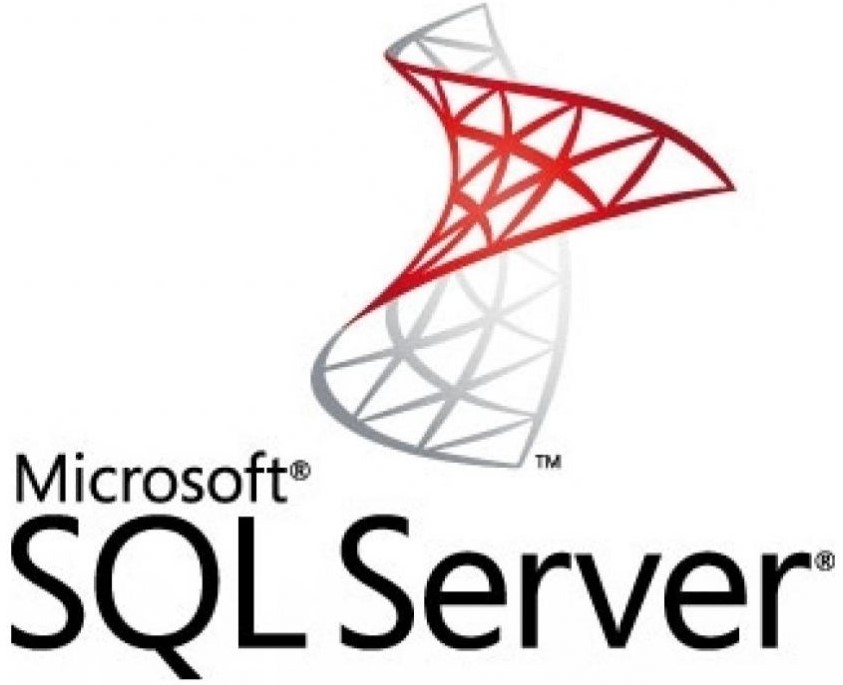The city of Detroit was originally called Fort Pontchartrain du Detroit by the French. The British later shortened the name. During the Civil War, Detroit was a key stop on the Underground Railroad. Rapid industrial growth in the early 1900s helped the roots of labor unions to grow. Out of this came the 40-hour work week, better wages, better benefits, and better working conditions. The Detroit International Riverfront is home to many festivals and events throughout the year, including a jazz festival and an international auto show. The Detroit River International Wildlife Refuge, located within the International Riverfront, is in a metropolitan area of Detroit, which makes it unique. Belle Isle Park, also in the Riverfront area, is home to the oldest conservatory in the country. Detroit is also known for its musical heritage. Hip-hop, punk, rock and jazz find part of their history in Detroit. Motown and techno have their roots in Detroit. A few artists that have recorded in Detroit are Stevie Wonder, the Jackson 5 and Marvin Gaye. The Detroit Electronic Music Festival, also known as Movement, brings tourists from all over the world to celebrate music.
Tourism in Detroit starts with the Detroit International Riverfront. Not only is it a landmark of Detroit, but it is a tourist attraction as well. Along with many skyscrapers and parks, the International Riverfront has a cruise ship terminal and dock. While tourism has increased over the years, Detroit’s early economy came from fur trade. In the early 1800s, shipbuilding and manufacturing helped make Detroit a major port. In the early 1900s, the Detroit River helped ship more commerce than New York or London. In the late 1800s and into the early 1900s, Ford’s automobile manufacturing began. After World War II, the auto industry continued to dominate Detroit’s economy. Today, Detroit is home to the Big 3 – General Motors, Ford, and Chrysler. Other major contributors to Detroit’s economy are technology, finance, and healthcare. Headquarters for Quicken Loans, OnStar and Blue Cross Blue Shield are found in downtown Detroit. Reconstruction or conversion of many downtown buildings has brought an influx of young professionals to Detroit. Retail is quickly becoming a contributor to the economy of Detroit, because of this influx. Although parts of Detroit’s economy have changed over the years, automobiles and their port trade have been mainstays.



